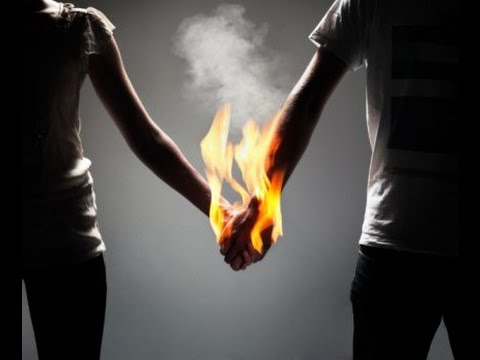I'm sitting across from one of my favorite clients: she's intelligent, funny, self aware, and has such positive energy. We're having another talk about her girlfriend coming home with hickeys on her neck...that aren't from her. Last week we talked about her girlfriend kicking her out of the car far from home and how far she had to walk before her girlfriend turned around. The week before that, it was the verbal abuse rants and people she's had to cut out of her life to avoid her girlfriend's jealous rages. The week before that....well, you get the point.
And she's still there, loving her, hoping she'll change. And I don't judge her; not only because it's my job not to judge, but even on a personal level: I understand her. I understand how toxic relationships don't always start out that way, and how you can get so hooked on who that person was in the beginning that you begin to believe maybe if you stick it out, maybe if you don't make them mad, maybe things will get better. I mean they're under so much pressure right now, right? Or you know about their childhood and you know they don't MEAN it, they just don't know any better. Or, they've told you it's your fault you make them act this way so many times, you actually start to believe it.
So I get it. I get how unhealthy dynamics can become the norm, and when you're in it sometimes it's so hard to see it for yourself. But you know what else I get? How scary it is that you can lose yourself in someone else, and they can drain your vitality. A toxic relationship will have you thinking these dynamics are normal, and that everyone has to "put up with something", and "love conquers all".
Yes, love is powerful. But love shouldn't hurt you physically or emotionally, love isn't control or ownership, love isn't someone projecting their hurt onto you because they haven't healed themselves yet. That isn't love, that is dysfunctional toxic attachment. And who we attach to, who we spend most of our time with, who we choose to love, changes us. It influences our thought patterns, our mood, our energy field, even our physical day to day habits; so we have to be careful about what kind of changes are happening as a result of relationship dynamics. If you are questioning whether or not your relationship is toxic, chances are there's definitely something to take a closer look at.
Listen to your gut and set your boundaries
A warning sign that a relationship is heading for or is in toxic waters is if your partner makes you feel responsible for their behavior, and/or doesn't respect your personal boundaries. Yes, we all have things to work on and should consider our partner's emotions. But if their actions are setting off warning bells, that "gut feeling" that something isn't right, listen to that. You can trust yourself.
Also, pay attention to if it's always something. If it isn't one thing you're doing to get an explosive reaction from your partner, it's another. Now you're walking on eggshells, always trying to anticipate what your partner's reaction might be. That hypervigilance of feeling emotionally unsafe around your partner for fear/anxiety about their reaction? That isn't healthy for you on an energetic, emotional, or even physical level. Your nervous system is rigged, and your body is pumping stress hormones constantly, which can even lead to eventual health issues!
You are absolutely allowed to express how these reactions make you feel and set boundaries around what healthy communication is for you (and follow this boundary yourself too; don't tell your partner not to do something as you freely do this behavior yourself). Example: for you, maybe it isn't okay for your partner to call you a crazy b*tch just because they are angry. Your partner is still responsible for their words when they are angry. And if they continue to talk to you this way, even knowing how it makes you feel? They don't respect your boundaries, your emotions, or you. Toxicity alert.
Don't save them
I know you're loving, you're caring, and you know what they've been through. You know the saying "hurt people, hurt people". We all have a story for why we are the way we are, but you still don't deserve to be treated like shit, and your job is not to raise another adult. Not only is it not your job, but it doesn't work! We are all responsible for working on ourselves to become better and healthier; you can't do the work for your partner. Many of us get stuck in the trap of trying to fix others, but not only does that leave you in a relationship where you are doing nothing but giving all of your energy and could end up being drained, let me say it again for the people in the back, it doesn't work. That person has to want the change themselves and do the work for them. You can be a support, but you are not responsible for "fixing" them or changing their unhealthy dynamics.
Love yourself
If you're in an unhealthy/toxic relationship, it's not clearcut or easy to decide how to move forward. Maybe you don't pick up and leave. But take a closer look at it. Consider you, separate from the relationship. Consider what this dynamic is doing to your emotional and spiritual health. Sometimes there is even a belief that "I deserve to be treated this way". In the case of my favorite client, being neglected emotionally was a familiar feeling; her parents had done it throughout her whole childhood. But familiar and deserved are NOT the same thing. No matter your past or how others have treated you, you are deserving and worthy of whole, full, reciprocal, healthy love.
if this hits home, I'll say to you what I said to my client (and would say to a younger me): You are not being sensitive, you can trust your instincts. You are allowed to speak up and set boundaries for how you want to be treated. You are also allowed to walk away if a relationship is draining you; that's not you giving up on that person, it's saying that you matter and your emotional wellbeing matters.
If you are in a toxic and/or abusive relationship, you are not alone and there are resources for you. Unity House in Troy, NY has a 24/7 DV hotline where you can talk to a counselor at anytime: (518) 272-2370. The National Domestic Violence Hotline has advocates you can talk to at anytime as well: 1-800-799-7233.
Light and love,
Chelle

